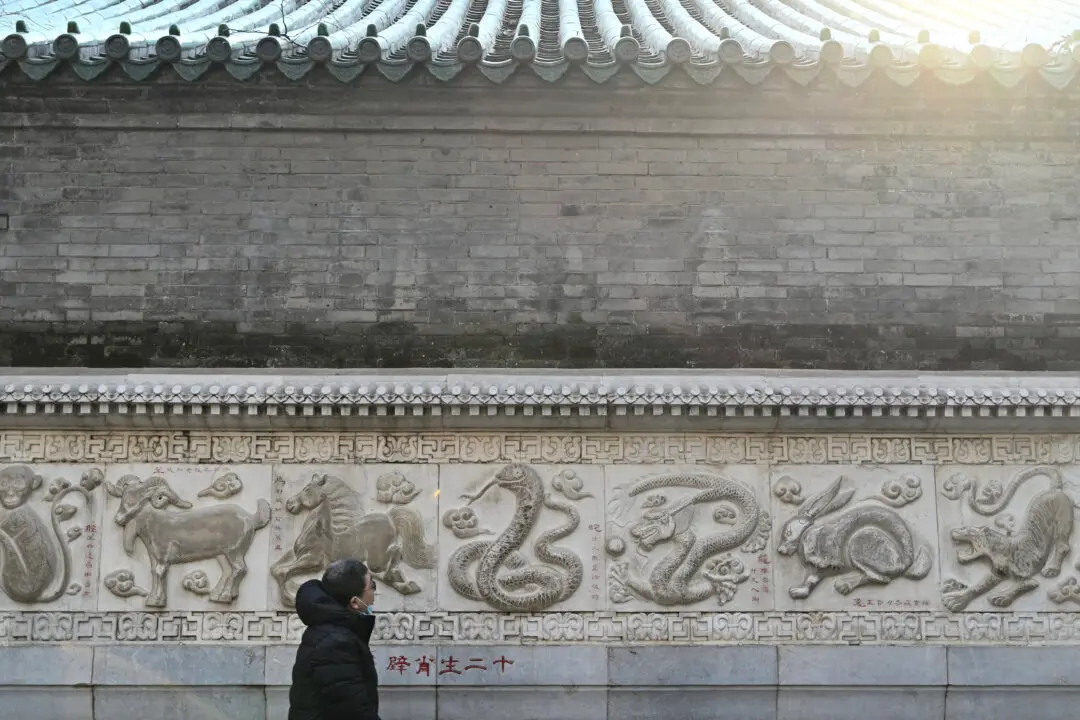Commentary
The U.S. Congress is waking up to the realization that the wishes and hopes of the China engagement crowd over the past several decades—that communist China would moderate its aggressive behavior over time as a natural result of massive foreign investment and trade incentives—have been a complete failure.





